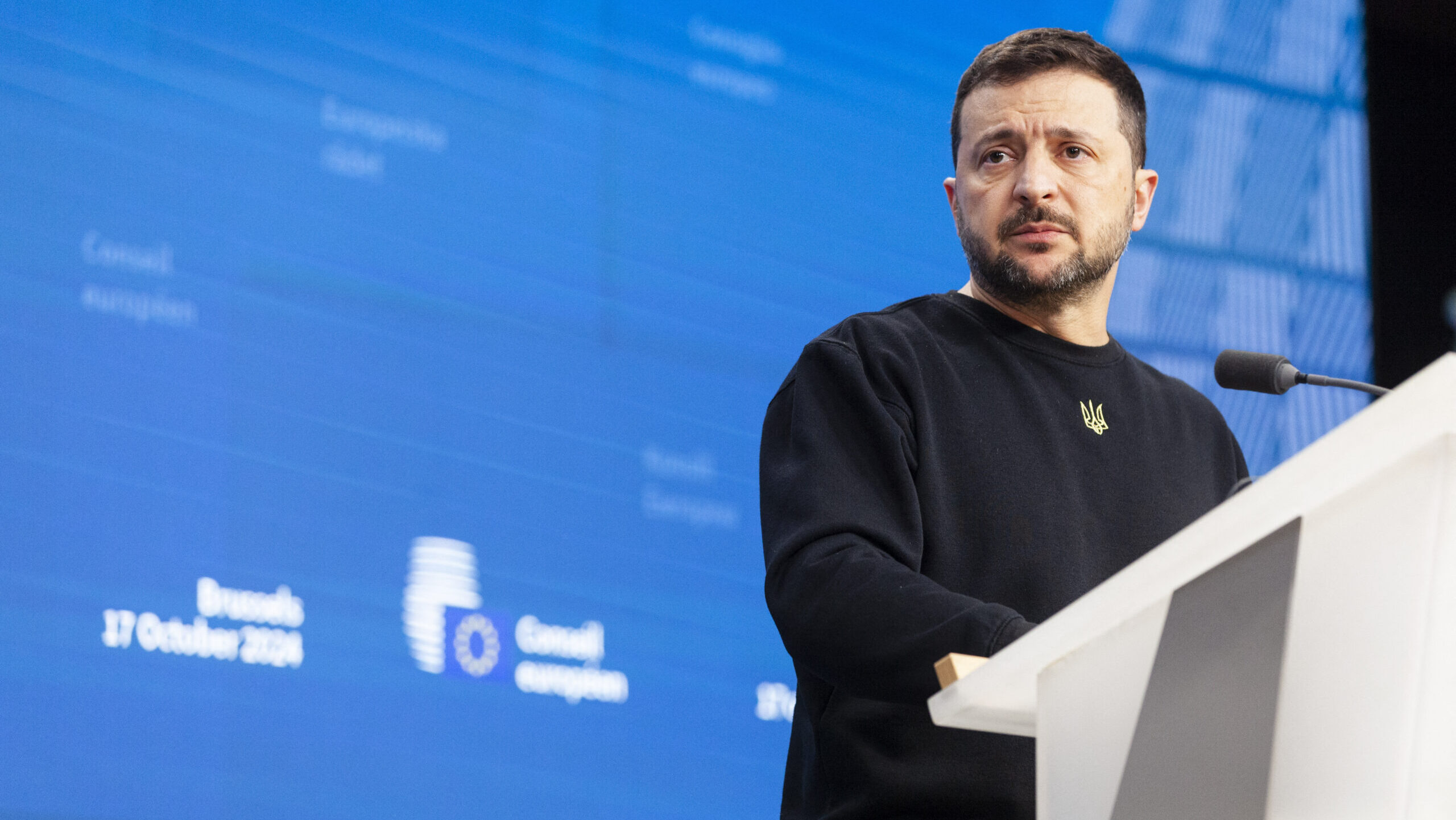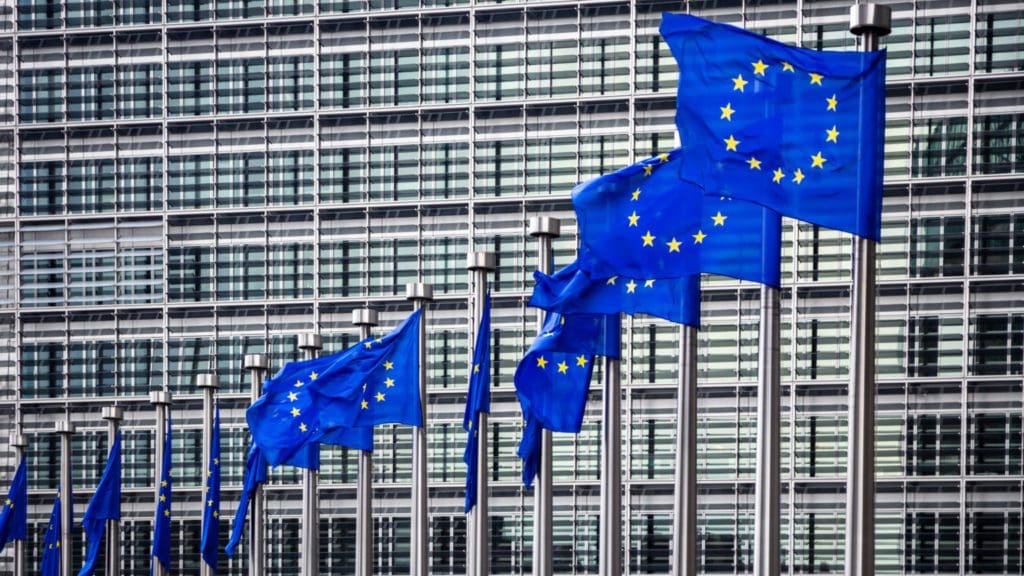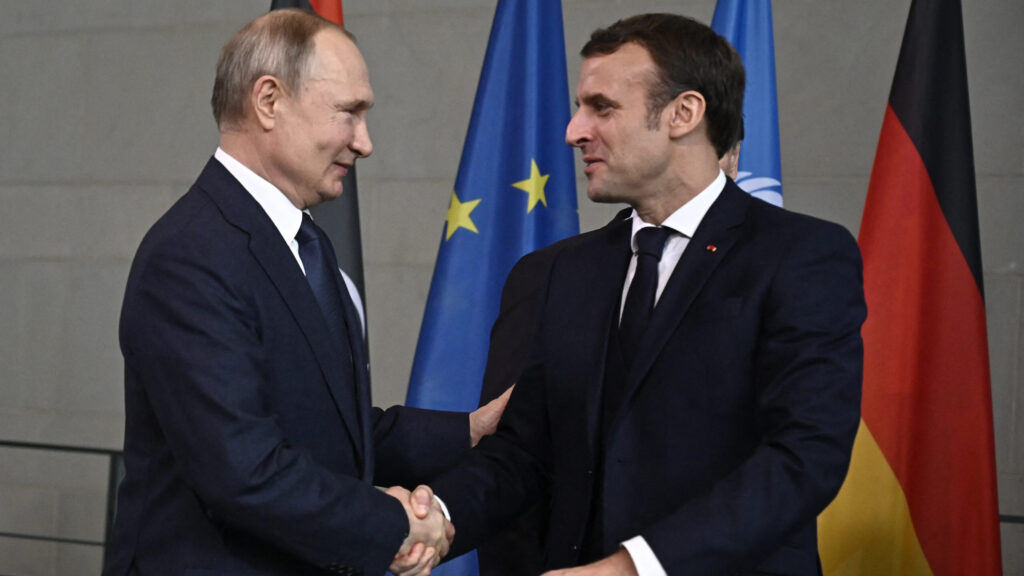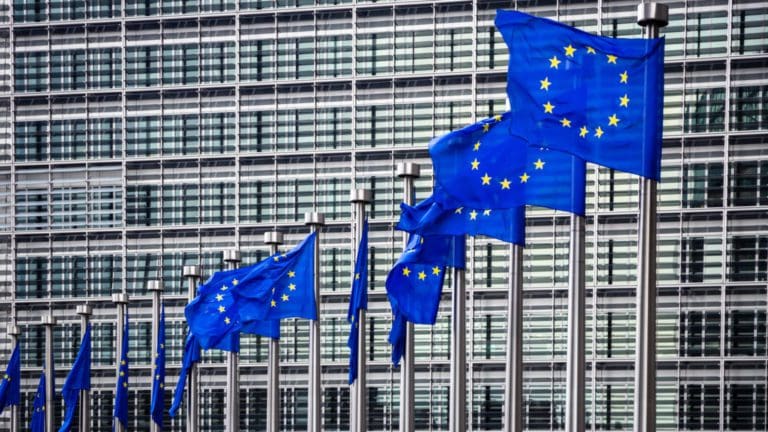In a recent opinion piece published on Foreign Policy, British author and journalist Anatol Lieven, a Senior Research Fellow at the Quincy Institute for Responsible Statecraft, presents an intriguing perspective on the course of peace talks in Ukraine. Lieven’s central argument is that, due to the complete lack of trust between the warring parties and the intense scrutiny of the media and international community, the initial phase of peace negotiations should be conducted exclusively between the United States and Russia, with Ukraine temporarily excluded.
At first glance, the idea may seem utterly absurd: negotiating Ukraine’s fate without Ukraine? ‘Never!’ would likely be Ukrainian President Volodymyr Zelenskyy’s response. However, as Lieven explains the reasoning behind excluding Kyiv from the initial phase of talks, the proposal begins to appear more logical, clearer—and perhaps even inevitable.
‘The idea may seem utterly absurd: negotiating Ukraine’s fate without Ukraine?’
At the beginning of the article, the British expert points out that the most fundamental goal of the talks— as with all such negotiations—will be for each side to clearly establish, on the one hand, its vital interests and absolute, non-negotiable conditions, and on the other, the points where it is, in principle, prepared to compromise.
From Ukraine’s perspective, the non-negotiable issues include Russia’s demand for Ukrainian and Western legal recognition of its claimed annexations, as well as Moscow’s insistence that Ukraine withdraw from the territories it still controls in the four provinces Russia claims to have annexed.
At the End, It’s All About the US
However, as Lieven stresses, certain fundamental questions are not for Ukraine to decide. ‘They are chiefly up to the United States, and it is the US administration that will have to negotiate them.’ These include the lifting of sanctions, specific elements of Russia’s pre-war ultimatums to NATO—which are unrelated to Ukraine—and Russia’s demands regarding the arming of the Ukrainian military. The latter is particularly relevant because only Washington currently possesses the long-range missiles and the intelligence capabilities to guide them to Ukrainian forces, which is a primary concern for Moscow.
The question of Ukraine’s NATO membership also falls into the former category, as it requires the unanimous agreement of all member states. Without Washington’s influence, Kyiv has little chance of overcoming potential vetoes from countries such as Hungary or Türkiye, Lieven argues. Similarly, the security guarantees the West intends to offer Kyiv after the war’s conclusion are not decisions for Ukraine to make.
‘Above all, Russia’s motives for launching this war extend beyond Ukraine to the whole security relationship between Russia and the West, led by the United States. They include the demand for military force restrictions (which would have to be reciprocated on the Russian side) and some form of European security architecture in which vital Russian interests would be taken into account and future clashes avoided,’ Lieven highlights.
One reason Ukraine does not necessarily need to be present at all stages of peace negotiations, according to the British expert, is that Russia is essentially waging a proxy war in Ukraine against the transatlantic security alliance system—a system Moscow had once sought to be part of in the post-Cold War period.
Diplomatic Sophistication
The other reason, however, is far more straightforward. As Lieven points out, peace negotiations—while always complex and challenging—are in this case particularly so, ‘requiring patience and diplomatic sophistication on both sides.’ He argues: ‘Because this process will be so difficult, the sad but unavoidable truth may be that if Ukraine takes part in the talks from the start, progress towards a settlement will become completely impossible. Every prospective compromise will immediately be leaked, sparking a firestorm of protest in Europe, in Ukraine, in the US Congress, in the US media, and perhaps even among Russian hardliners.’
It is evident from both recent years and past decades how the media—particularly mainstream outlets—hold immense influence, which they often abuse, whether intentionally or not. Reporters are frequently prone to drawing biased or half-true conclusions based on misinterpreted statements or snippets of corridor gossip. Even a single misstep of this kind could prove fatal for the peace talks in Ukraine. Furthermore, the experiences of recent years have demonstrated that Kyiv, and President Zelenskyy in particular, is not widely recognized for ‘diplomatic sophistication.’
‘Even a single misstep of this kind could prove fatal for the peace talks in Ukraine’
However, this does not mean that a settlement will be reached without Ukraine, Lieven points out. ‘It goes without saying that certain aspects of an eventual agreement will require Ukraine’s full assent, and that without this assent, a settlement isn’t possible.’ He further emphasizes that, in negotiations where Kyiv is not directly represented, Washington must fully and respectfully advocate for Ukraine’s vital interests.
Lieven’s theory, therefore, does not approach the issue from an imperialist or colonialist perspective—though those inclined to misinterpret it will undoubtedly do so. Rather, it offers a genuinely pragmatic alternative for the peace negotiations, one firmly grounded in hard geopolitical and diplomatic realities.
Related articles:







